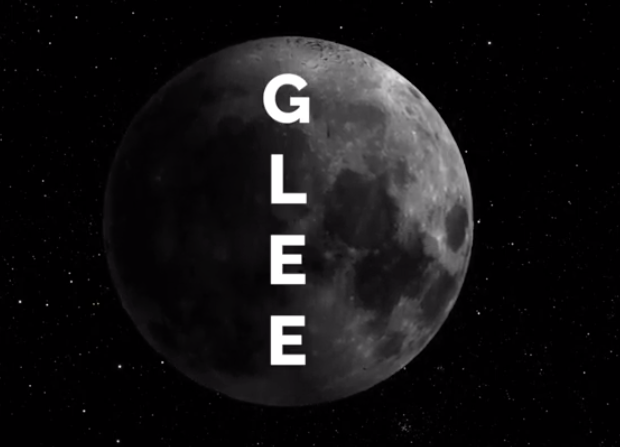 GLEE (starts at 8:06) We just recently celebrated the 50th anniversary of the first Moon landing. After the Apollo missions, scientists have returned to the Moon with robotic missions because of the scientific clues the Moon can provide about the history of the Earth and the solar system, as well as learning more about the lunar environment and resources in preparation for an eventual return of humans – perhaps for the long term.
GLEE (starts at 8:06) We just recently celebrated the 50th anniversary of the first Moon landing. After the Apollo missions, scientists have returned to the Moon with robotic missions because of the scientific clues the Moon can provide about the history of the Earth and the solar system, as well as learning more about the lunar environment and resources in preparation for an eventual return of humans – perhaps for the long term.
The journey to the Moon and space research often evokes images of large complex spacecraft costing hundreds of millions of dollars. However, a new project plans to take a new approach: sending hundreds of much smaller and much less expensive spacecraft. This project is called the Great Lunar Expedition for Everyone, or GLEE, and our guests today are here to talk about GLEE, how it will work, and what science they plan to do.
Victor Andersen is a Research Manager at the Colorado Space Grant Consortium that is one of the groups leading the project. Tristan Schoeman is a student in Mechanical Engineering at the University of Colorado at Boulder, and is a Project Manager and Mechanical Engineer on GLEE.
Host, Producer, Engineer: Joel Parker
Additional Contributions: Beth Bennett, Shelley Schlender
Executive Producer: Beth Bennett
Listen to the show:
Podcast: Play in new window | Download (Duration: 25:41 — 23.5MB)
Subscribe:
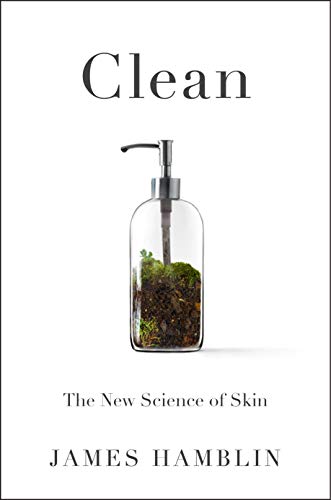 How clean is “clean”? How do you get clean, and how important is it…could it actually be advantageous to your skin and general health to not try to get too clean? We talk with medical doctor and author Dr. James Hamblin about his new book “Clean: The New Science Of Skin“.
How clean is “clean”? How do you get clean, and how important is it…could it actually be advantageous to your skin and general health to not try to get too clean? We talk with medical doctor and author Dr. James Hamblin about his new book “Clean: The New Science Of Skin“.




 Five years ago today on July 14, 2015, the
Five years ago today on July 14, 2015, the 
 With graduation season is upon us, today’s edition of How on Earth is our annual “Graduation Special”. Our guests in the studio today are scientists who have or will soon receive their Ph.D. in a STEM-related field. They talk about their thesis research, their grad school experiences, and what they have planned next.
With graduation season is upon us, today’s edition of How on Earth is our annual “Graduation Special”. Our guests in the studio today are scientists who have or will soon receive their Ph.D. in a STEM-related field. They talk about their thesis research, their grad school experiences, and what they have planned next. Hayley Sohn – CU Boulder,
Hayley Sohn – CU Boulder,  Clement Zheng – CU Boulder,
Clement Zheng – CU Boulder, 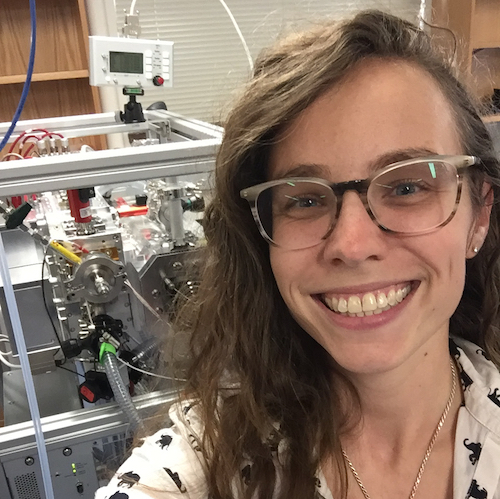 Jennifer Berry – CU Boulder,
Jennifer Berry – CU Boulder, 
 This episode talks about research about COVID-19, angiotensin converting enzyme (ACE), and targeted therapies, and our feature is an interview with
This episode talks about research about COVID-19, angiotensin converting enzyme (ACE), and targeted therapies, and our feature is an interview with 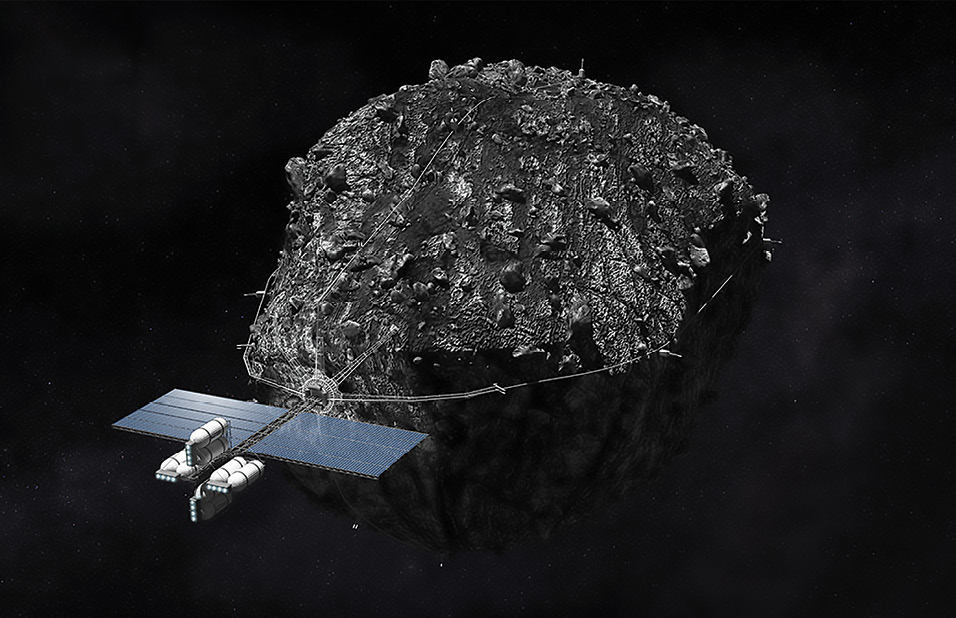

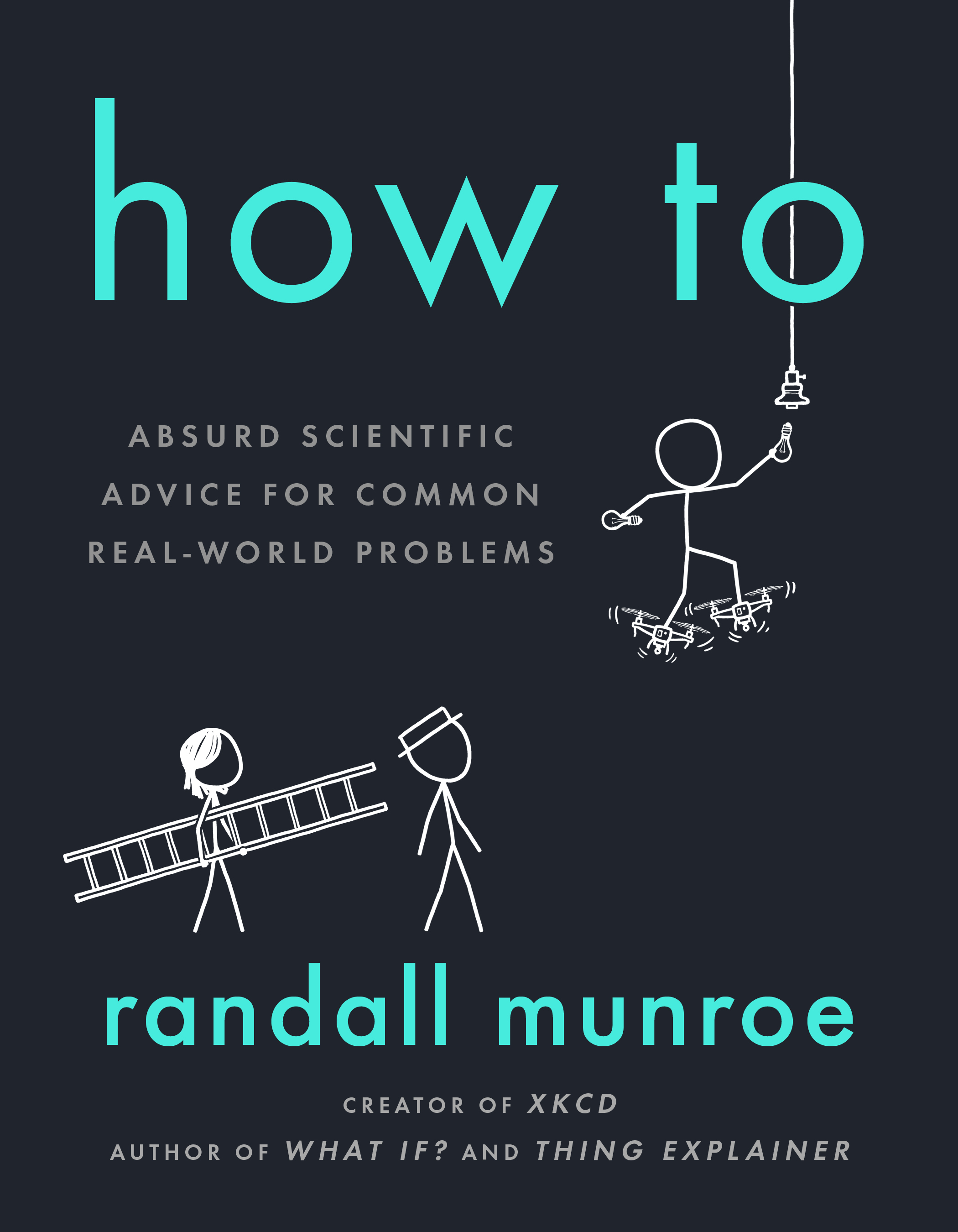
 How To [starts at 4:30]
How To [starts at 4:30] 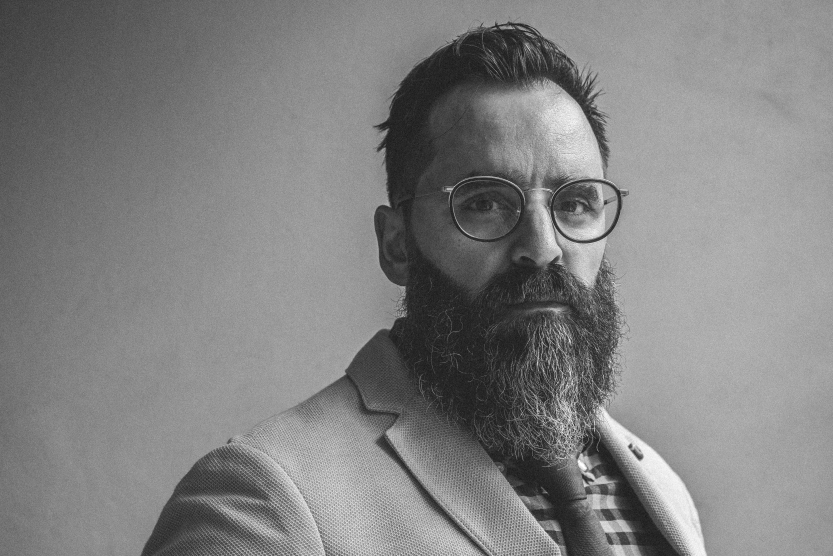
 We talk with
We talk with 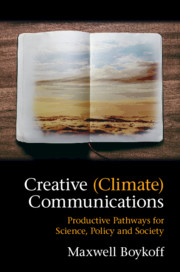
 Creative (Climate) Communications [starts at 7:40] As a climate scientist Professor
Creative (Climate) Communications [starts at 7:40] As a climate scientist Professor 
 GLEE (starts at 8:06) We just recently celebrated the 50th anniversary of the first Moon landing. After the Apollo missions, scientists
GLEE (starts at 8:06) We just recently celebrated the 50th anniversary of the first Moon landing. After the Apollo missions, scientists